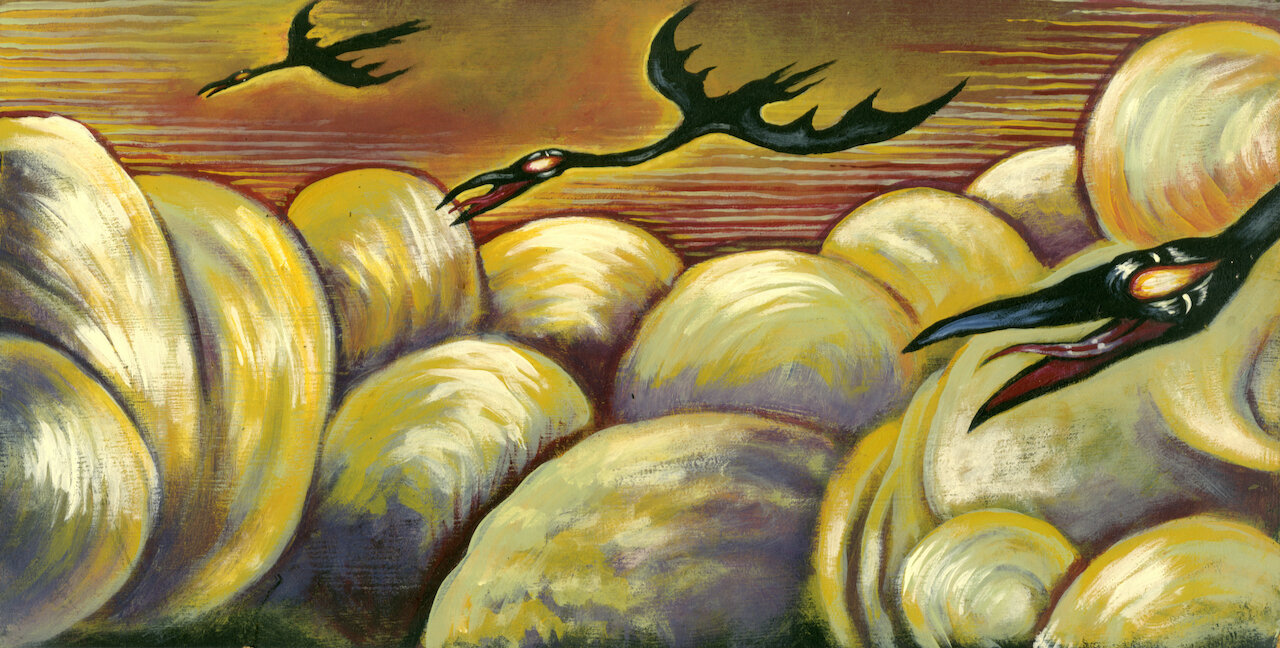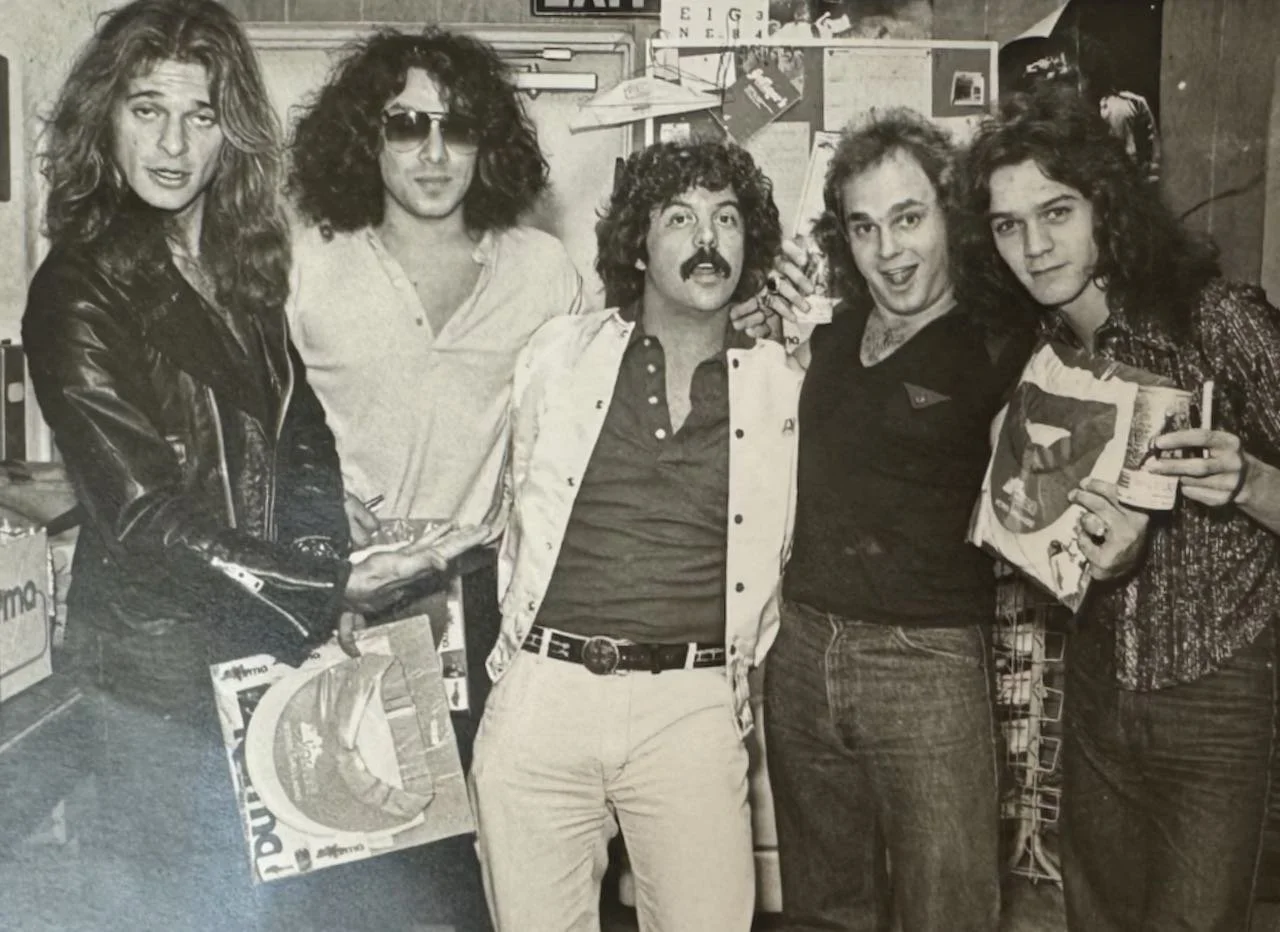Garth Brooks in … The Life of Chris Gaines
Bloomsbury Academic 33 1/3 Series
Fall 2024
Garth Brooks was the best-selling country artist of the 1990s. Actually, he was the best-selling artist of the ‘90s in any genre. So why did he close out that triumphant decade by transforming into a fictional rocker named Chris Gaines? He devised an outrageous backstory for the character—complete with sex addiction, facial reconstructive surgery, wildfires, and chainsaws—and even recorded a “pre-soundtrack” to a forthcoming film about Gaines. But Garth Brooks in… The Life of Chris Gaines, which doubled as a retrospective of his alter ego’s career, was branded a fiasco before it even hit stores. It sold poorly, and Garth announced his retirement the next year. Chris Gaines disappeared forever.
Or did he? Out of print since its release and absent on streaming services, the album has somehow grown from a career-derailing flop into a cult obsession. Only one world-renowned critic is brave enough to tell the sordid story of Chris Gaines, a puzzling tale of intrigue and conspiracy that poses chilling questions: Which one of them is real? Chris or Garth? And why did one of them title an album Fornucopia?
Stephen Deusner
is a music journalist whose work appears in the New York Times, Uncut, Pitchfork, and Spin, among others. He has contributed longform liner notes to recent reissues by Pernice Brothers, Pylon, and the Glands.
Where the Devil Don’t Stay: Traveling the South with the Drive-By Truckers
University of Texas Press/American Music Series
September 7, 2021
In 1996, Patterson Hood recruited friends and fellow musicians in Athens, Georgia, to form his dream band: a group with no set lineup that specialized in rowdy rock and roll. The Drive-By Truckers, as they named themselves, grew into one of the best and most consequential rock bands of the twenty-first century, a great live act whose songs deliver the truth and nuance rarely bestowed on Southerners, so often reduced to stereotypes.
Where the Devil Don’t Stay tells the band’s unlikely story not chronologically but geographically. Seeing the Truckers’ albums as roadmaps through a landscape that is half-real, half-imagined, their fellow Southerner Stephen Deusner travels to the places the band’s members have lived in and written about. Tracking the band from Muscle Shoals, Alabama, to Richmond, Virginia, to the author’s hometown in McNairy County, Tennessee, Deusner explores the Truckers’ complex relationship to the South and the issues of class, race, history, and religion that run through their music. Drawing on new interviews with past and present band members, including Jason Isbell, Where the Devil Don’t Stay is more than the story of a great American band; it’s a reflection on the power of music and how it can frame and shape a larger culture.
Where the Devil Don’t Stay
Reviews and Coverage
A Lifelong Southern Rock Opera
“Stephen Deusner makes it his business to give the Drive-By Truckers the credit they deserve. … Not only is his research phenomenally thorough, but he makes himself part of the master narrative that renders this rock bio so sociological. … Everything Deusner has to tell us about the evolution of this remarkable band is of interest.”
Robert Christgau, And It Don’t Stop (June 19, 2024)
The Best Music Books of 2021
“Where the Devil Don’t Stay approaches its subject with the same context and care as the band it portrays.”
Jonathan Bernstein, Rolling Stone (December 29, 2021)
The Reading Room: The Best Music Books of 2021
“Deusner’s book is essential reading not only for fans of the Truckers but for anyone wanting to discover more about these quintessential roots rockers.”
Henry Carrigan, No Depression (December 2, 2021)
Bookshelf: Drive-By Truckers bio traces band’s Southern roots
“It’s about time somebody wrote a book about the Drive-By Truckers, and what a book it is. Where the Devil Don’t Stay trades the typical ‘Behind the Music’ tropes of the rock band backstory for a literary, thought-provoking analysis of the dynamics behind the band’s artistry and its complicated relationship with the South.”
Suzanne Van Atten, The Atlanta Journal-Constitution (September 22, 2021)
Where the Devil Don’t Stay: Stephen Deusner Traces the Drive-By Truckers’ Geographical Roots
“Peppered with relevant musical references, each of these chapters vividly describes the historical, social and cultural complexity of each location. These descriptions illustrate what Patterson Hood often refers to as ‘the duality of the Southern thing,’ that a place mired in racism and trauma can simultaneously be full of humanity and redemption.”
Jessica Smith, Flagpole (April 6, 2022)
Podcasts and Appearances
Podcast: Sound Opinions
Interview with Andrew Gill about Where the Devil Don’t Stay (September 29, 2021)
Podcast: Lawyers, Guns & Money
Interview with Robert Farley, Scott Lemieux, and Eric Loomis about Where the Devil Don’t Stay (August 2 and 9, 2021)
Podcast: The Reckon Interview
Interview with John Hammontree about Where the Devil Don’t Stay (September 29, 2021)
Podcast: Inner States
Interview with Alex Chambers about Where the Devil Don’t Stay (February 25, 2022)
Recent Work
Interests and Obsessions
What I Do
-

-

Liner Notes
-

Bios and Press Materials
-

Teaching and Mentoring
Guest lecturer for Indiana University undergraduate course, “Women in Country Music”
-

Conference Presentations and Panels
-

-

Featured In
-

Mike Hilleary, On the Record (2020)
-

Charlotte Pence, The Poetics of American Song Lyrics (2014)
-

The Pitchfork 500: Our Guide to the Greatest Songs from Punk to the Present (2008)


















